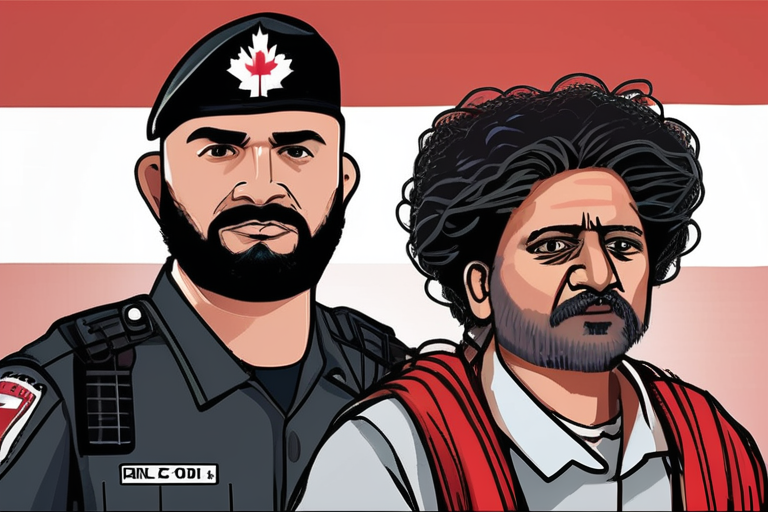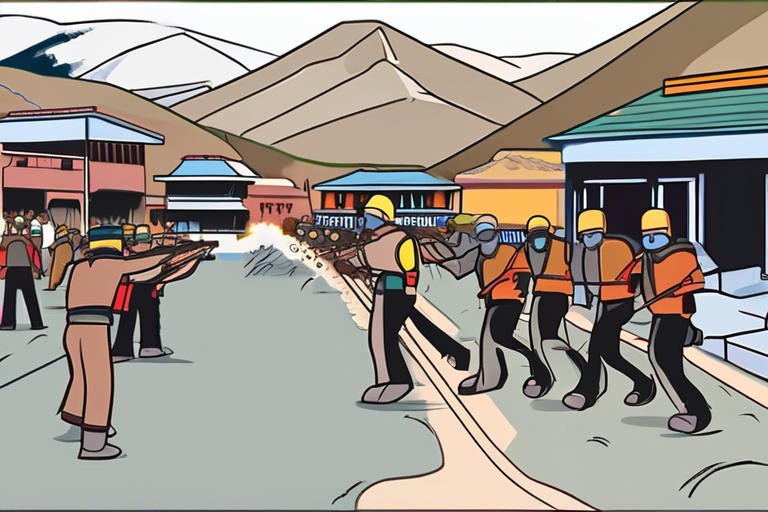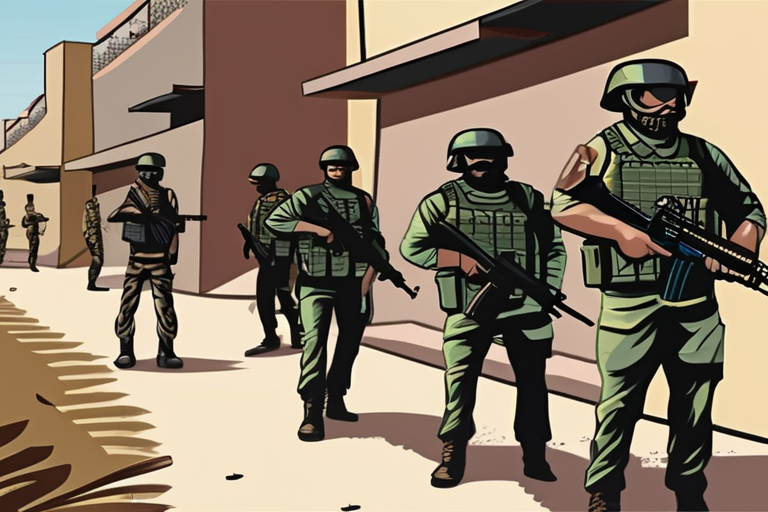Canada Designates Indian Gang Linked to High-Profile Killings as Terrorist Entity Amid Rising Tensions


Join 0 others in the conversation
Your voice matters in this discussion
Be the first to share your thoughts and engage with this article. Your perspective matters!
Discover articles from our community

 Hoppi
Hoppi

 Hoppi
Hoppi

 Hoppi
Hoppi

 Hoppi
Hoppi

 Hoppi
Hoppi

 Hoppi
Hoppi

Breaking News: Protests in India's Ladakh Region Turn Deadly At least four people were killed and dozens injured on Wednesday …

Hoppi

Breaking News: Calls for Probe After Killing of Civilians Reported in Northwest Pakistan At least 24 people, including children, were …

Hoppi

California Bill Against Foreign Hits on Diaspora Splits Indian Americans A contentious bill aimed at protecting California's diaspora community from …

Hoppi

Canada Labels India's Bishnoi Gang as 'Terrorist' Organisation, Implications for Businesses and Communities The Canadian government has formally designated the …

Hoppi

Breaking News: Pakistan Raid Leaves Over 20 Dead At least 24 people, including civilians and militants, were killed during a …

Hoppi

Quebec's Police Watchdog Launches Investigation into Fatal Shooting of 15-Year-Old Boy by Officers A 15-year-old boy, Nooran Rezayi, was shot …

Hoppi